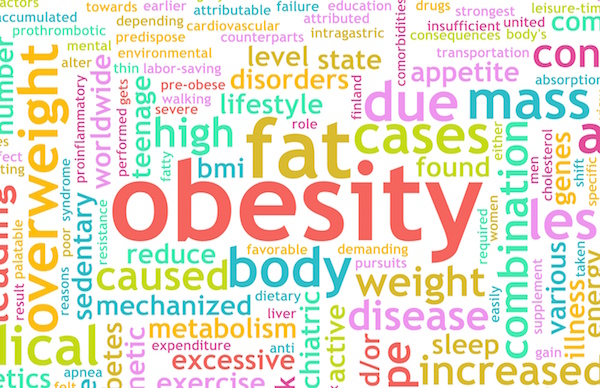
WEDNESDAY, Feb. 2 (HealthDay News) — Better nutrition and greater weight gain may help improve lung function in premature babies with a lung disease called bronchopulmonary dysplasia, finds a small new study.
The study included 18 premature infants (born before 37 weeks of gestation) with a history of moderate-to-severe bronchopulmonary dysplasia. The condition typically develops in children who are born preterm and need prolonged ventilation or oxygen therapy after birth.
After nearly one year of follow-up, the 18 infants showed little overall improvement in average airflow and lung volume. However, the nine infants who had above-average weight gain during their first year showed the most improvement, although it didn’t match the airflow and lung volume of full-term infants, according to the University of Michigan Health System researchers.
“Consistent with animal studies that show the harmful effects of malnutrition on lung development, we showed improvements in lung function, such as forced vital [air] capacity and total lung capacity, in infants with above-average body growth,” lead author Dr. Amy G. Filbrun, an assistant professor of pediatrics and communicable diseases and director of the University of Michigan Apnea and Bronchopulmonary Dysplasia Program, said in a university news release.
The study was released online in advance of publication in an upcoming print edition of the journal Pediatric Pulmonology.
Malnutrition and poor growth are common among infants with bronchopulmonary dysplasia. The study authors said further research is needed to examine how different feeding regimens affect lung growth.
More information
The U.S. National Heart, Lung, and Blood Institute has more about bronchopulmonary dysplasia.

